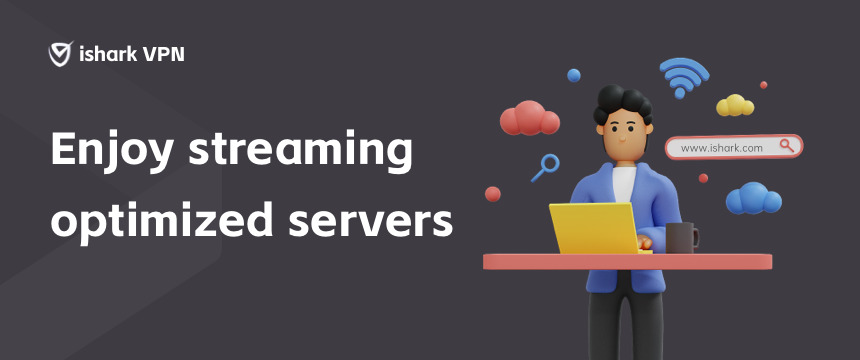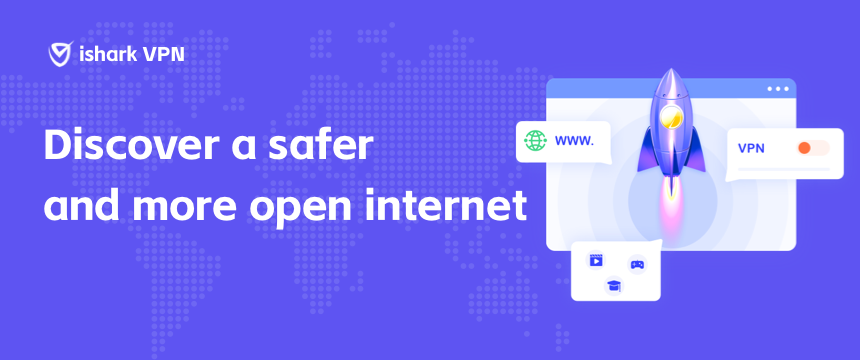VPN in Sensitive Data Transmission: Safeguarding Data Security for Healthcare, Finance, and Government Sectors
ishark blog article
The transmission of sensitive data in sectors such as healthcare, finance, and government is of paramount importance. Protecting this data from unauthorized access and preventing data breaches are critical to maintaining confidentiality and trust.
This article delves into the role of Virtual Private Networks (VPN) in these domains, highlighting how VPN ensure the secure transmission of sensitive data and meet industry-specific security requirements.

I. The Significance of Data Security in Healthcare, Finance, and Government Sectors
Healthcare Sector: In the healthcare industry, patient records, medical history, and diagnostic reports contain highly sensitive information. Securing this data is crucial to protect patient privacy, comply with regulations, and prevent potential medical identity theft or fraud.
Finance Sector: Financial institutions handle a vast amount of sensitive financial data, including banking transactions, account details, and credit card information. Ensuring the security of financial data is essential to safeguard customers' assets and prevent financial fraud.
Government Sector: Government agencies handle confidential data related to national security, law enforcement, and citizen information. Protecting government data is vital to safeguard national interests, prevent cyber threats, and maintain public trust.
II. The Role of VPN in Ensuring Data Security
Data Encryption: VPN use strong encryption protocols to encrypt data during transmission, making it unreadable to unauthorized parties. This ensures that sensitive data remains protected from interception and eavesdropping.
Secure Remote Access: VPN enable secure remote access to sensitive data and applications for authorized personnel, ensuring that data can be accessed securely even when employees work remotely.
Multi-Factor Authentication (MFA): Many VPN offer MFA, adding an extra layer of security by requiring users to provide additional verification, such as a one-time password or biometric authentication.
III. VPN and Industry-Specific Security Requirements
Healthcare Sector: VPN used in healthcare must comply with Health Insurance Portability and Accountability Act (HIPAA) regulations to ensure patient data privacy and confidentiality.
Finance Sector: VPN in the finance industry must adhere to Payment Card Industry Data Security Standard (PCI DSS) requirements to protect credit card and financial transaction data.
Government Sector: VPN used in government agencies must meet strict security standards, such as the Federal Information Processing Standards (FIPS), to safeguard national security and sensitive government information.

IV. Choosing the Right VPN for Sensitive Data Transmission
Security Features: Opt for VPN with robust encryption, tunneling protocols, and additional security features like MFA to ensure data security.
Data Logging Policies: Choose VPN providers with minimal data logging or no-logs policies to protect user privacy and prevent data retention.
Speed and Reliability: VPN used for sensitive data transmission should offer high-speed and reliable connections to facilitate efficient data transfer.
Conclusion:
VPN play a crucial role in safeguarding sensitive data transmission in healthcare, finance, and government sectors.
By employing strong encryption, secure remote access, and industry-specific security measures, VPN help protect data privacy and prevent unauthorized access to confidential information.
When selecting a VPN, organizations must consider their specific security requirements and choose a reputable provider that meets industry standards and ensures the highest level of data security.









